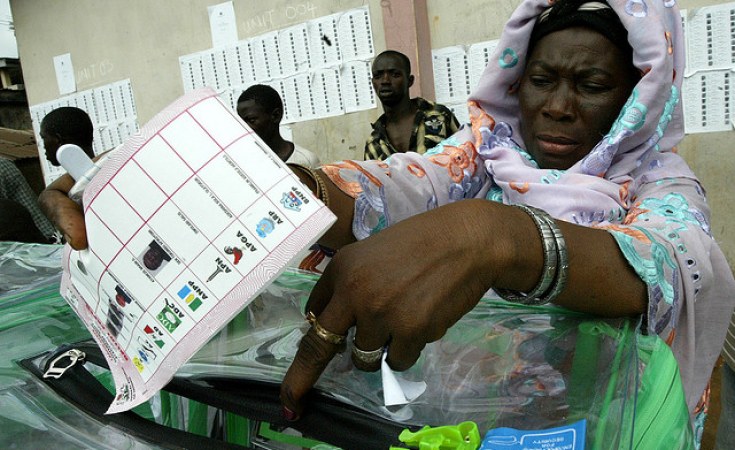Cape Town — Disapproval ratings for South Africa's President Jacob Zuma have climbed to unprecedented levels, according to results released on Tuesday by Africa's most authoritative public opinion survey.
Two of every three South Africans distrust the president, nearly as many disapprove of his performance and nearly half perceive him and the people around him as corrupt. The last four years have seen a particularly sharp decline in citizens' assessments of him.
Despite his poor personal showing, his government still gets high marks for its efforts to improve or maintain welfare payments, food security, health services, education and infrastructure. It gets poor ratings in areas such as managing the economy and cutting crime and corruption.
The survey was carried out by Afrobarometer, which has been conducting opinion polls in a steadily growing number of African countries since 1999. The latest poll in South Africa was carried out in August and September this year and the results cover the period 2000 to 2015, which includes both the presidencies of Thabo Mbeki and Jacob Zuma.
The results show that while trust in Mbeki dipped to its lowest ebb in 2002, it never dropped to the levels experienced by Zuma, and it improved substantially over the remainder of Mbeki's term.
A 2002 survey showed that 59 percent of South Africans distrusted Mbeki and 42 percent disapproved of his performance. But in 2006 the level of distrust had dropped to 28 percent and the disapproval rating to 20 percent.
The first survey in Zuma's term - in 2011 - indicated that distrust in the presidency had risen to 37 percent, and it soared to 66 percent this year. The disapproval rating almost doubled, from 34 percent in 2011 to 62 percent this year.
The first time the survey measured perceptions of corruption around the presidency, in 2002, only 13 percent believed Mbeki and officials in his office were corrupt. Since then, perceptions that presidents and officials are corrupt have risen steadily - rising to 22 percent of those asked in the last survey of the Mbeki presidency, then to 34 percent in 2011 and 46 percent this year.
Moreover, nearly six in 10 South Africans (59 percent) believe Zuma often ignores the courts and the laws of the country, and nearly as many (57 percent) believe he routinely ignores Parliament and does what he wants. Mbeki's attitude toward Parliament was not measured, but far fewer people thought he ignored the courts.
"President Zuma has lost significant citizen support since 2011," Afrobarometer said. "South Africans' trust in President Zuma almost halved in the last four years."
Every one of the country's nine provincial premiers has a higher approval rating than Zuma, as do members of Parliament as a collective.
Only local councillors have approval ratings as low as his.
However, most South Africans continue to support the governing African National Congress, although government performance is perceived to have declined even where it was assessed favourably.
"Unemployment remains by far the most important problem for South Africans, followed by housing, crime, education, poverty, and corruption," Afrobarometer found.
"Public evaluations of government performance on key issues - especially economic issues - are overwhelmingly negative. More than seven in 10 South Africans say the government is performing 'fairly badly' or 'very badly' in fighting corruption in government (80 percent), narrowing income gaps (78 percent), reducing crime (77 percent), creating jobs (77 percent), keeping prices down (76 percent), and managing immigration (72 percent).
"South Africans give the government high marks for its performance in ensuring welfare payments to eligible recipients, and a majority of respondents also approve of the government's performance in uniting the country, ensuring food security, addressing educational needs, maintaining roads and bridges, improving basic health care, and providing water and sanitation."
Afrobarometer says that the survey results have a margin of error of around two percent at a confidence level of 95 percent.
The organisation runs its surveys in collaboration with domestic institutions in many of the countries it surveys. Its South African survey is done with the Institute for Justice and Reconciliation, an NGO founded to pursue issues raised by the hearings of the Truth and Reconciliation Commission of the 1990s.


